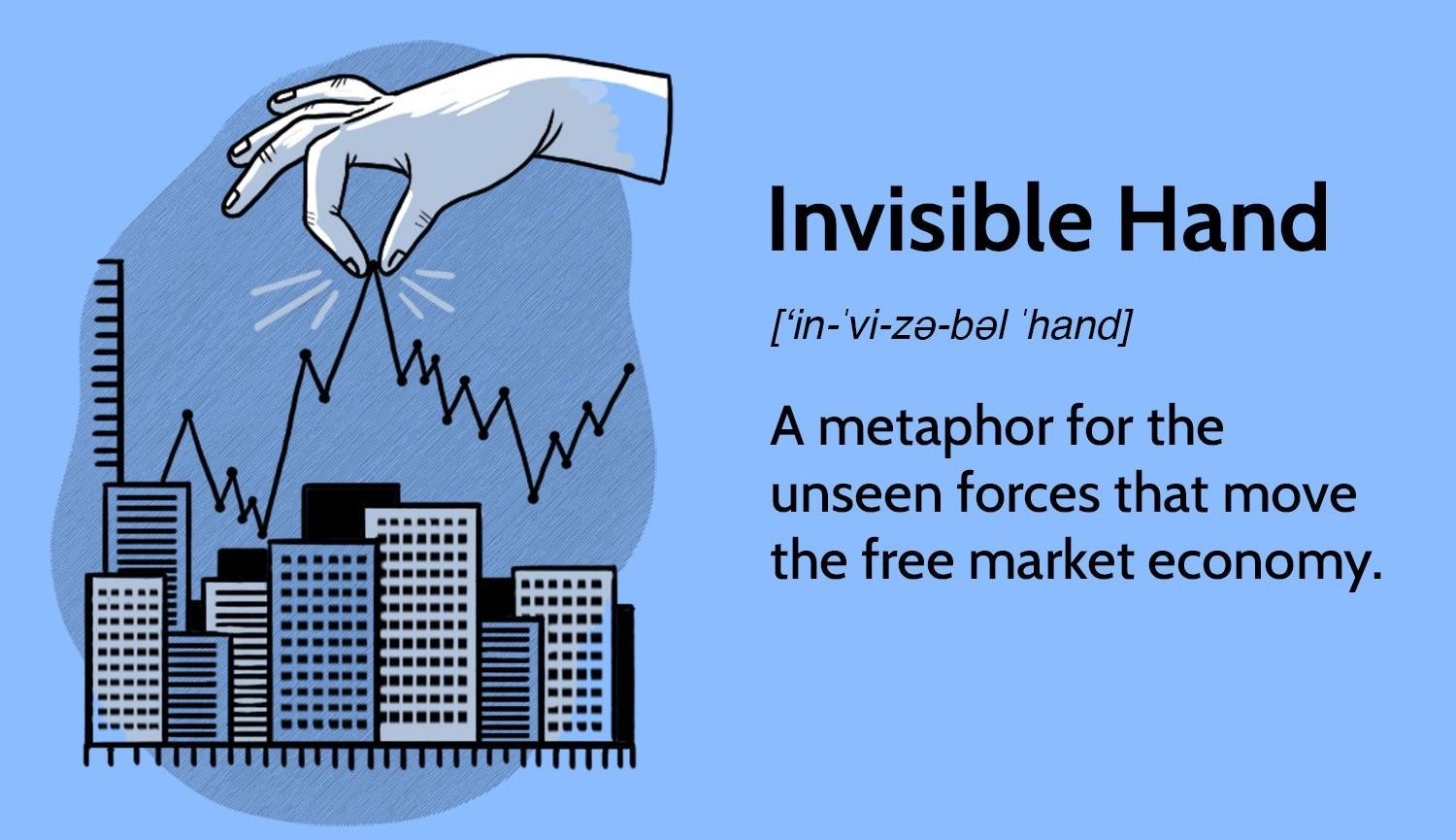Economic Growth: Benefits of Building a Strong Economy
The global economy has developed over the past few decades, yet the best way to maintain or build a stable and sustainable economy remains a mystery. Many economists highlight the importance of government intervention and that government intervention contributes to a stable and sustainable economy to a great extent.
A sustainable economy is often viewed as an abstract concept. With so many characteristics, there are many rules it has to abide by for it to become a reality. The elements of a sustainable and stable economy are separated into two main categories:
- Environmental Boundaries.
- Social Conditions.

Economic interventionism is a monetary policy that favors the government to intervene in the economy, correcting market failures and promoting the general welfare of people. The term intervention applies to capitalist-market-based economies where the government will set policies interrupting the market forces at play. These include government regulations, policies, and subsidies.
According to Forum For the Future, the role of the government in the progression of a sustainable economy is vital. It suggests that the government should introduce new economic policies and set up institutions that catalyze private-sector investments into sustainable activity.
An excellent federal system and a “responsible” government are also crucial, as an economy largely depends on those controlling and guiding it. Leaving the economy in the hands of the consumers or sellers would be risky. Fewer price controls and excess freedom may lead to rapid economic growth and subsequent economic decline. This is unstable, unsustainable, and adversely affects the economy.
The Invisible Hand Theory
A free market system is often viewed as the best economic system to encourage development in a nation’s economy. The invisible hand, introduced by Adam Smith, reiterates his theories on how an economy works well under a free-market scenario, and everyone will work according to their interests. He believes the economy will work well if the government allows people to buy and sell freely within the market.

People selling similar products will become competitors, driving the market with a positive output. A call without restrictions also means that the seller who sells the product for less money would attract the most customers. This balances the supply and demand, while the consumers could also purchase valued products at a desired price.
Big Market, Small Government
Take Hong Kong, for example. The government of Hong Kong has chosen to have a free market economy, where the economy depends on the trade between countries and the citizens’ supply and demand. A free market economy, also known as a capital market, is where the government is responsible for 20% of regulating the economy, while the other 80% depends on private companies or individuals. A capital market believes in the “invisible hand” theory, where the supply adjusts according to the demands and vice versa.
In this economy, business people are the primary source that drives the resources to meet demands. We can, therefore, also say that supply and demand go hand in hand, and the government believes that an economy that is governed least would positively impact the country’s economy.

Hong Kong’s property market is an example of how a free market economy may negatively affect the overall development of the economy. First, as Hong Kong has limited land, there are not enough properties. As the population grew and older, there were high demands, and housing prices increased exponentially, becoming unreasonably high. This has resulted in a massive gap between citizens’ affordability and the demanded price for private properties. The supply and demand imbalance can potentially cause a financial crisis where there will eventually be too much supply and nearly no demand.
Having such a massive spike in property prices and many struggling to keep up with the demands of the current economy, we can conclude that a free market is not beneficial for the citizens. The welfare of citizens has been exploited, and the free market policies only support those who own large-scale companies and those who are wealthy.
Benefits of Government Intervention
Government intervention is a feasible way to prevent a financial crisis or the property market from getting too out of hand. Focusing mainly on the country’s property market, one way to lower the demand is to make borrowing money from the bank harder. For example, if 5 million HKD was needed to purchase private property, the bank would most likely be willing to lend you 90% of the required money, and you would only have to have 500,000 HKD to make the purchase. Whereas if the government intervened and set policies about the loan of money from the bank, the bank would only be able to lend you 50% of the funds needed. Less of the population would be able to afford a purchase so the demand would be lowered.
Additional policies that a government could set to ensure that the economy will remain stable and sustainable include:
- Providing extra supplies to meet demands.
- Imposing a capital gain tax on profits gained from selling properties.
- Foreign investment taxes.
- Vacancy taxes.
By imposing these taxes on the country’s economic system, we can ensure that economic activity and behavior will remain stable with the government’s help. The country’s economic growth will be sustainable in the long run, with minimal economic fluctuations and preventing a financial crisis.
Although an economy governed least is often portrayed as ideal for the growth of a nation’s wealth, economists have also said that economies with a large scale of government intervention tend to restrict the overall growth and development of the economy. However, adequate government intervention is needed to ensure that the economy remains stable and sustainable. A sustainable economy allows people to develop their interests and careers, thus living their lives to the fullest within environmental limits.
Government interventions allow the public to have a guide to constantly be able to refer to while also having a teacher figure, setting rules for the companies to follow as well. Compared to a capital market, an economy where the government intervenes ensures that the economy’s development and growth are sustainable while preventing significant economic fluctuations.
